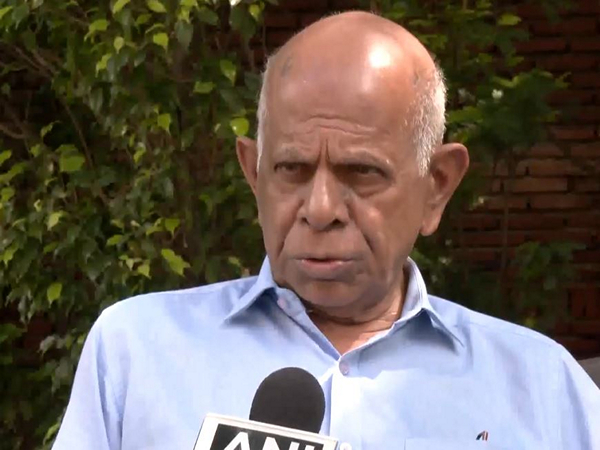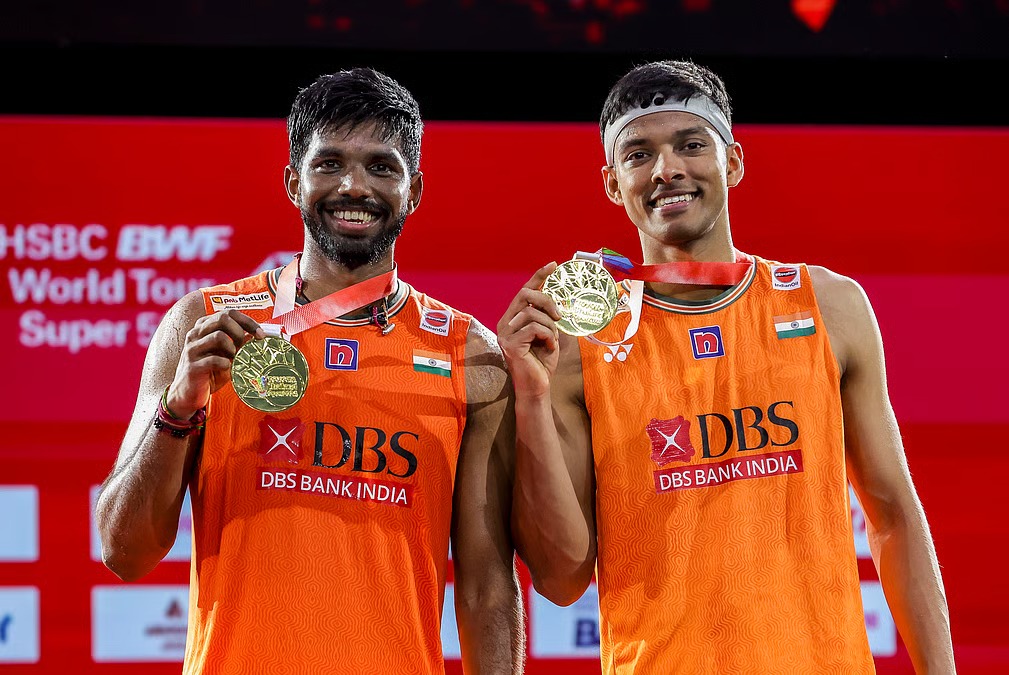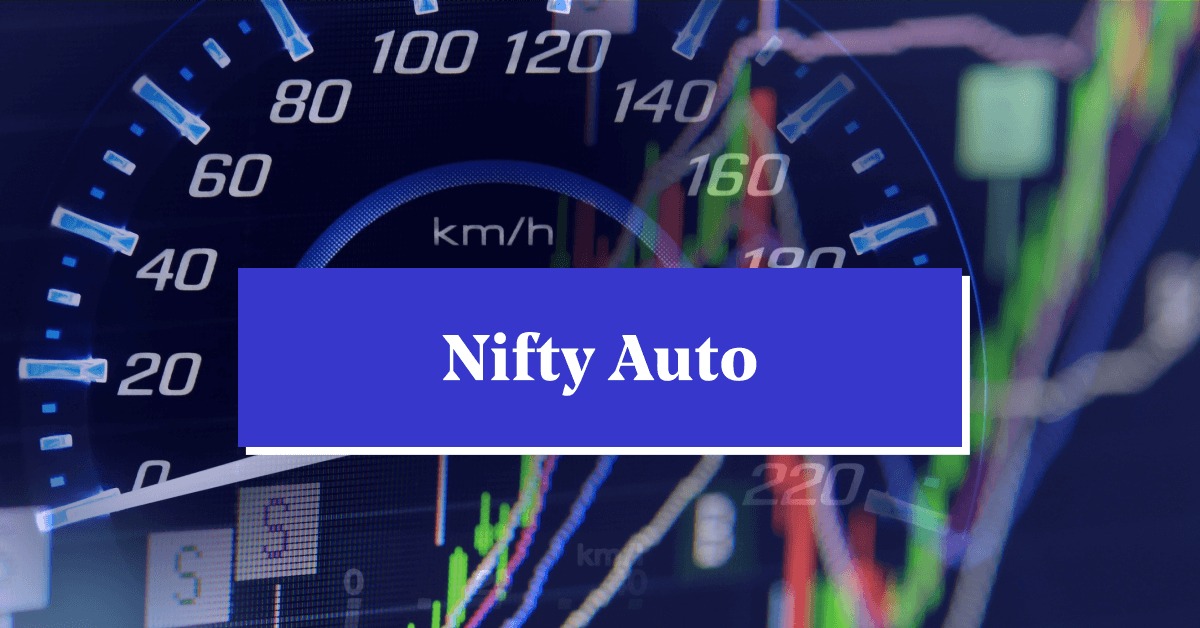 Image Source: ANI News
Image Source: ANI News
In a notable shift from earlier confrontational remarks, former US President Donald Trump has recently softened his tone regarding India, signaling a potential reset in the strained ties between the two nations. Former Indian diplomat KP Fabian has commented extensively on this development, interpreting Trump’s change in rhetoric as an acknowledgment of miscalculations made about India’s strategic position and resolve. This newsletter unpacks the nuances of this diplomatic evolution, highlighting key insights and implications for the India-US relationship as it stands in September 2025.
Key Highlights of the Current Situation
Trump has moved from harsh criticisms and tariff threats to calling India a “very special relationship” and reaffirming his friendship with Indian Prime Minister Narendra Modi.
Former diplomat KP Fabian suggests Trump realized his original expectation—that India would acquiesce to US tariff demands—was mistaken.
India has remained firm on its independent foreign and trade policies, emphasizing its sovereign right to engage with multiple partners, including Russia.
PM Modi responded with balanced diplomacy, reciprocating Trump’s positive gestures while maintaining India’s forward-looking strategic partnership stance.
Trade tensions persist beneath the surface, but recent moderated rhetoric hints at possible future discussions to resolve outstanding issues.
Understanding the Shift in Trump’s Tone
Donald Trump’s recent public statements have moderated considerably compared to his previous sharp critiques targeting India—largely around tariffs and India’s purchase of Russian oil. Early in the year, Trump imposed high reciprocal tariffs on Indian goods and oil imports, accusing India of exploiting the US with “the highest tariffs in the world.” Such rhetoric had caused significant diplomatic friction and speculation about India drifting closer to China and Russia. However, the tone softening, as observed by KP Fabian, reveals a strategic reassessment: Trump appears to now appreciate India’s nonconformity to pressure and its importance as a global player rather than a pliable ally.
KP Fabian’s Insights on Diplomatic Interactions
Former Ambassador KP Fabian, known for his nuanced understanding of diplomatic affairs, pointed out that while Trump’s tariff threats seemed aimed at forcing compliance, India’s firm stance demonstrated the limits of such coercion. Fabian emphasized that India is a “civilizational state” that cannot be ordered around and must balance relations with all global powers without compromising its autonomy. He applauded PM Modi’s “best diplomatic fashion” response to Trump’s comments, highlighting that India seeks “friends with everyone” but refuses to take dictation from any country. Fabian also stressed that while Trump’s tweets and statements signal a softer approach, they do not necessarily indicate a rapid resolution to trade disputes, which would likely require high-level meetings between Trump and Modi.
India’s Assertive Yet Diplomatic Posture
India’s engagement with Russia, particularly regarding energy imports, sparked criticism from Trump’s administration, which linked these purchases to indirectly funding Moscow’s war efforts in Ukraine. Despite this, India has maintained that its national interests and energy security demands cannot be compromised. India’s diplomacy, showcased through PM Modi’s interactions at the recent SCO Summit with leaders like Vladimir Putin and Xi Jinping, reflects a strategic independence seeking multi-alignment rather than exclusive alignment with US agendas. PM Modi’s diplomatic response to Trump, appreciating friendship while highlighting the strong and global strategic partnership between India and the US, signals India’s desire for collaboration without subservience.
Trade Tensions and the Road Ahead
While Trump’s softened tone is encouraging, the underlying trade issues remain pressing. The US has imposed cumulative tariffs of up to 50% on Indian goods related to Russian oil imports, which India has strongly contested as unwarranted. High-level commerce negotiations are reportedly ongoing, with Indian Commerce Minister Piyush Goyal optimistic about finalizing trade agreements by November 2025. US Treasury Secretary Scott Bessent has recently adopted a more measured messaging approach, emphasizing the resilient ties based on democratic values and expressing hope that the two countries will eventually resolve their differences.
The Bigger Picture: Strategic and Domestic Considerations
Several factors likely influenced the US administration’s moderated stance. Domestically, Trump faced criticism from US political leaders across party lines warning against alienating India, a crucial counterbalance to China’s increasing assertiveness in Asia. Alienating the influential Indian-American community was also a concern, given their growing political sway. Furthermore, the strategic necessity of maintaining strong India-US cooperation in the Indo-Pacific and on global issues prompted calls for a more pragmatic approach.
Conclusion: A Work in Progress
The recent developments mark a hopeful phase for India-US relations after a period of tension and uncertainty. KP Fabian’s assessment underscores that while Trump’s change in tone reflects a realization of India’s independent global role, real reconciliation will need sustained diplomatic engagement and respectful negotiations. PM Modi’s balanced diplomacy continues to keep the partnership stable, emphasizing mutual respect and a forward-looking approach. As trade negotiations progress and political dynamics evolve, the path ahead holds potential for a recalibrated, mutually beneficial India-US partnership.
Source: ANI News, Economic Times
Advertisement
Advertisement







